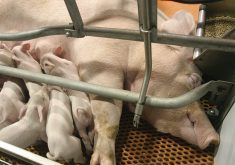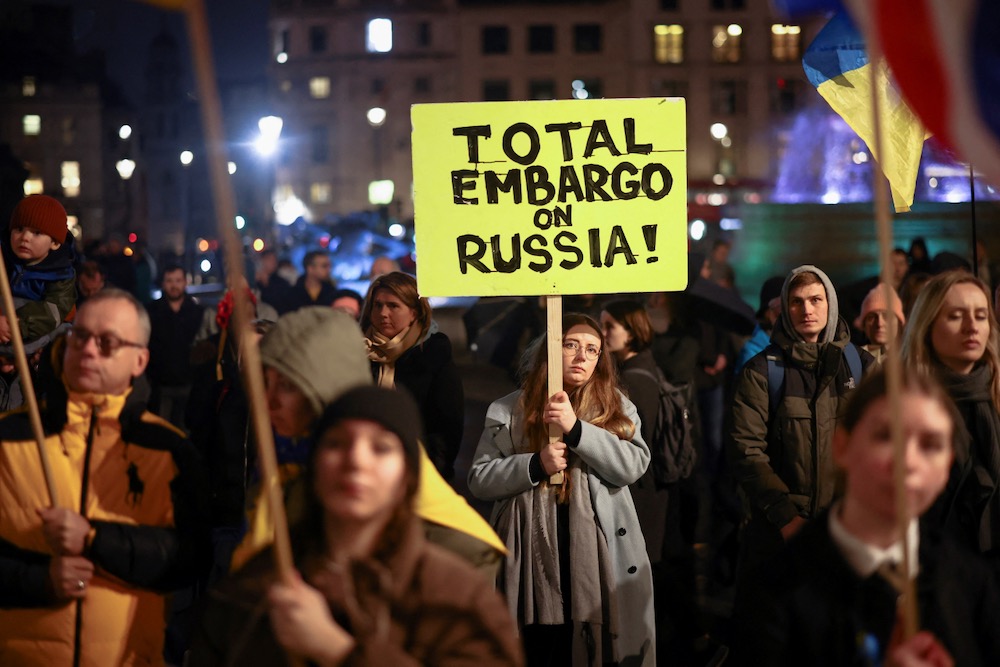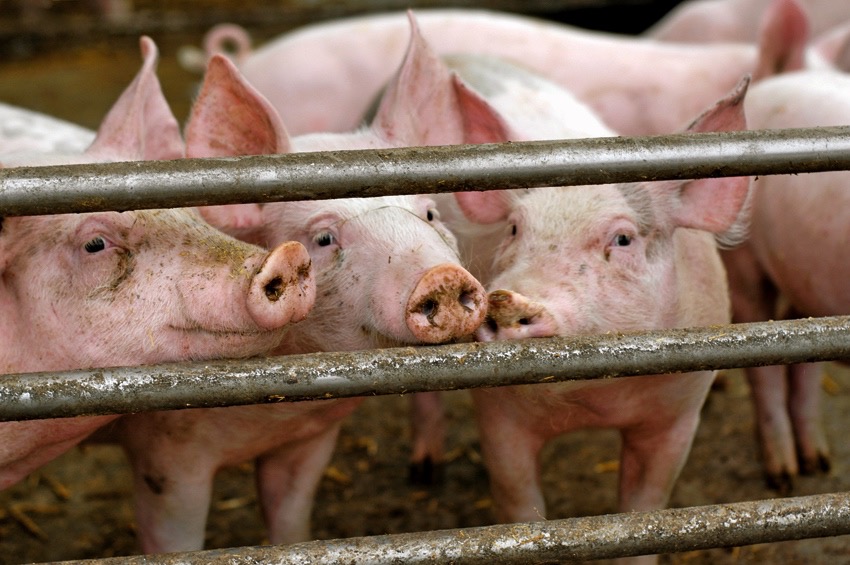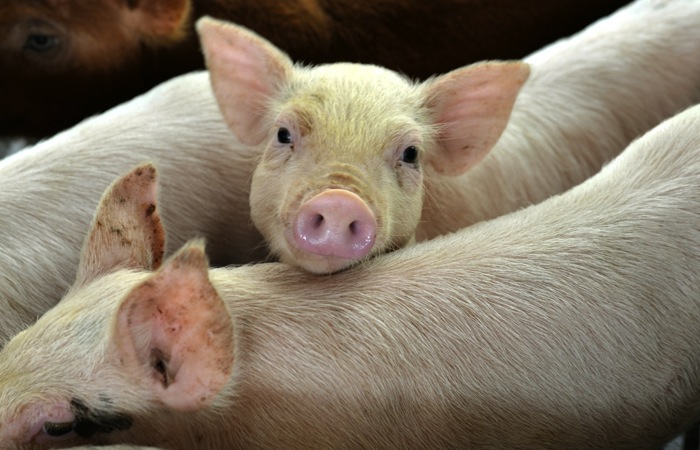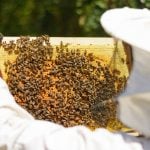Russia’s ban on Canadian pork will have some impact, but the executive director of Alberta Pork says the hope is that it will be more of “a big hiccup” than a severe blow.
“We had the same problem with our ractopamine last year, where almost half of the pork that was shipped from Canada to Russia was cut off,” said Darcy Fitzgerald.
But the sector was able to find new markets for pork and recover from Russia’s decision last year to ban pork from any plant slaughtering pigs given ractopamine, a feed additive. Pork sales (which peaked at nearly one-half billion dollars in 2012) were strongly rebounding when the new ban was announced, said Fitzgerald.
Read Also
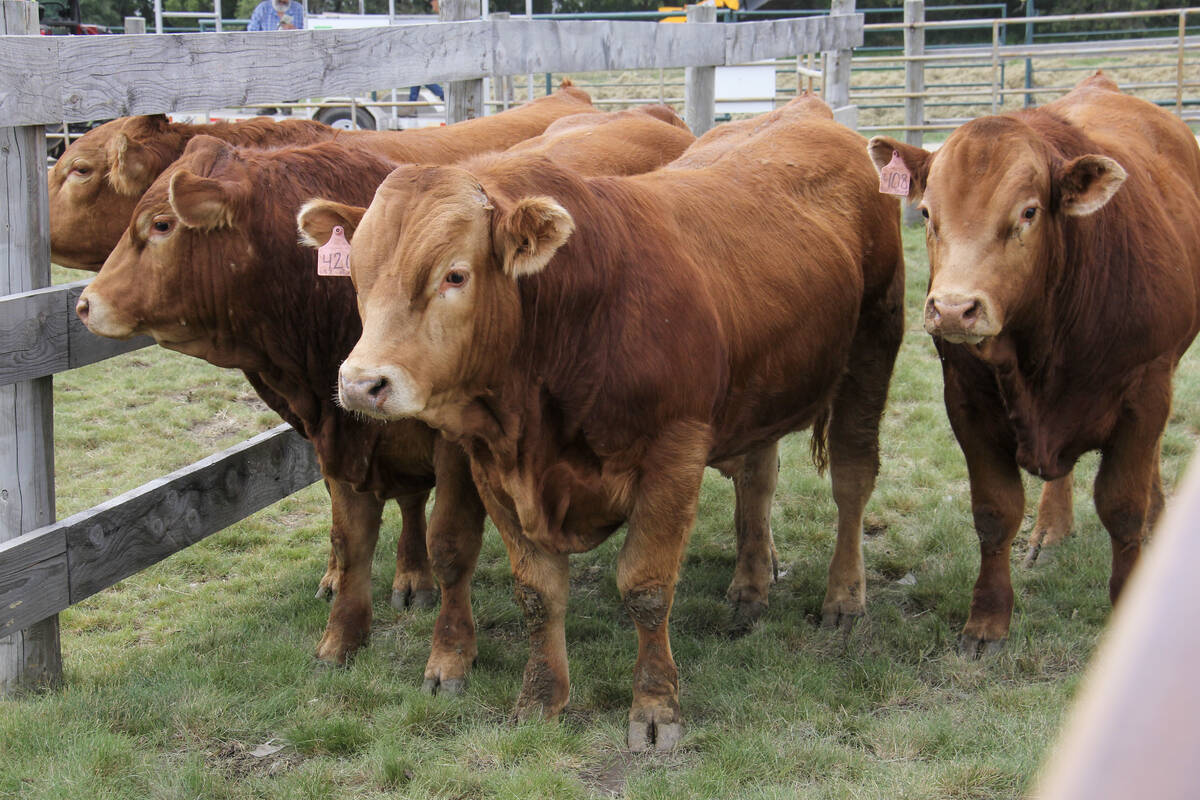
Saskatchewan Cattle Association demands halt to traceability amendments
SCA demands stop to traceability amendments and immediate CFIA reform, citing lost trust and need to move oversight to agriculture.
“We were on the way to being where we were on the high of 2012 when this came along,” he said.
“What that really means, we’re not quite sure yet. We’re not quite sure how it’s going to affect us in the short and medium terms.”
Moscow’s one-year ban on imports of Canadian, American, and European meat, fish, fruit, vegetables, dairy and poultry products came in response to sanctions imposed by those countries because of President Vladimir Putin’s support for pro-Russian separatists in Ukraine.
- More from the Alberta Farmer Express: Russia ‘completely’ blocks Canadian meat, fruit, vegetable imports
For Canada, the sanction mainly affects pork, as supply-managed products aren’t exported and beef is still effectively shut out because of the ractopamine-free protocol.
And a lot of Alberta pork — roughly 15 per cent of production — goes to Russia. However, Fitzgerald said the loss of that market won’t necessarily hit Alberta producers in the pocketbook.

“We’re feeling a little bit optimistic with the way the world market is right now because there is a shortage and there is a high demand. Hopefully that all balances out,” said Fitzgerald.
But it is likely to be a scramble in the short term.
Russia was the fourth-largest buyer of Canadian pork, with about $260 million in purchases last year, the head of the Canadian Meat Council told CBC.
And redirecting about 1,000 containers of pork en route to Russia would cost “quite a bit of money,” said Jim Laws, but he noted there are more than 120 countries that buy Canadian pork.
But because so many nations are affected by the ban (including Australia and Norway), they are all seeking new markets to buy the food that was going to be sold in Russia. It is estimated the ban will affect $17.5 billion worth of food.
Some countries are taking novel approaches. In Poland, people are being urged to eat more apples and drink more cider produced in that country in a campaign that features the cheeky slogan, “An apple a day keeps Putin away,” the Associated Press reported.
Once the ban ends or is lifted, the Canadian pork sector will — once again — be keen to win back sales.
“We’ve done a really good job of making friends there and working hard, and working with their guys in the industry,” said Fitzgerald. “I think the bigger hurt will be to the Russian people, and to Russian businesses that use our product.”
Alberta pork producers account for 11 per cent of Canadian pork production.




